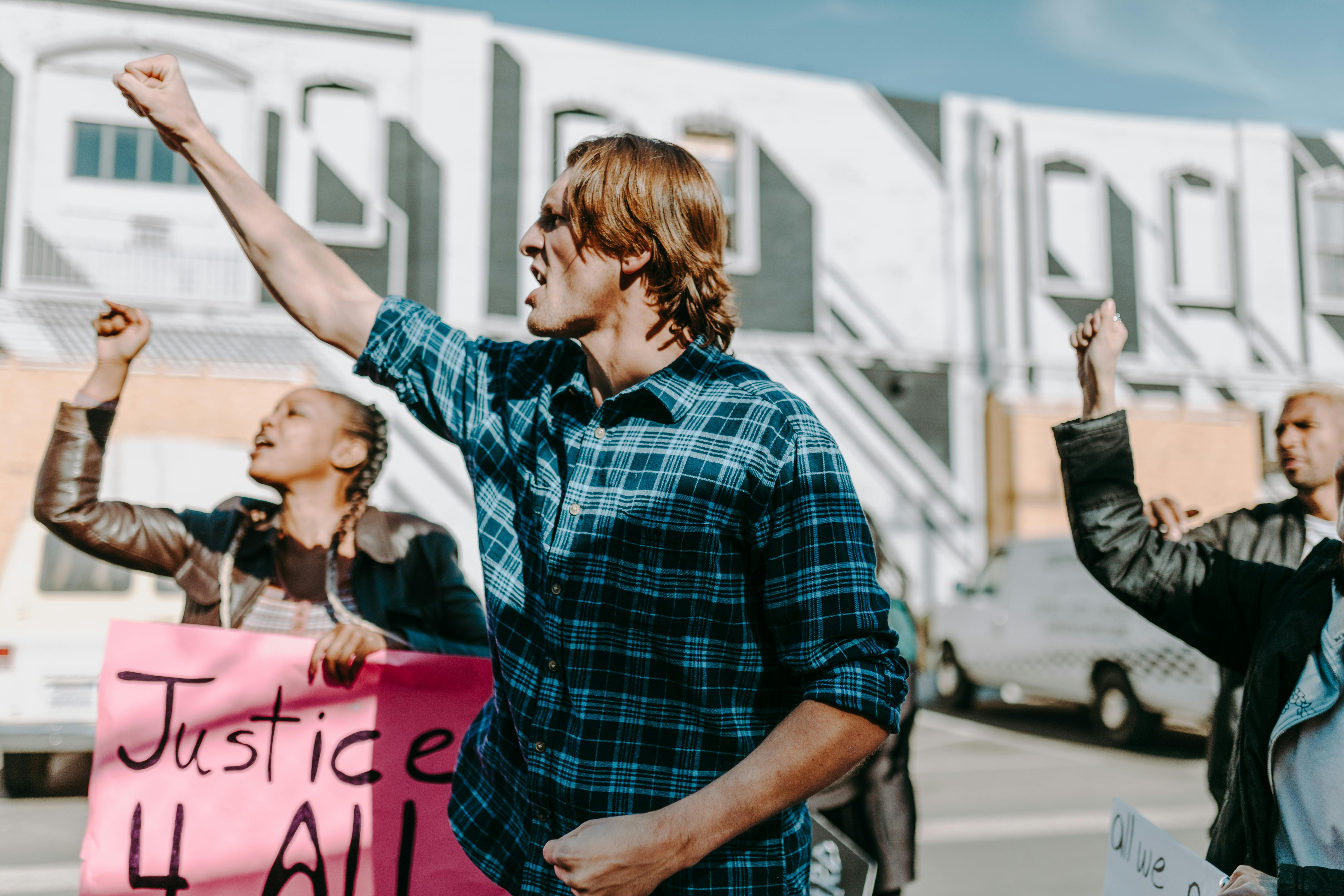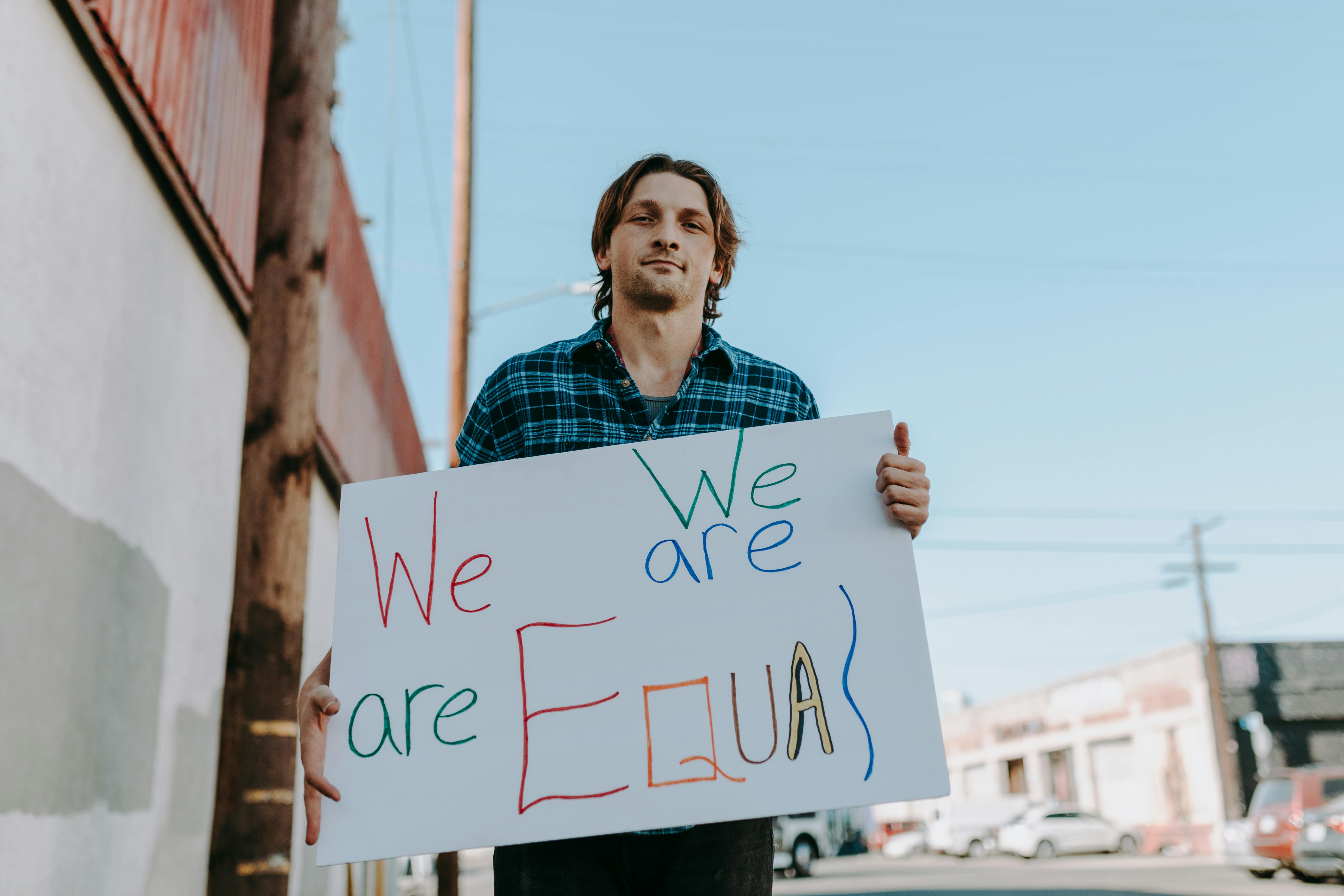Okay, so you’re looking to set up your own security company. You haven’t really thought about the types of security guards you need for your business, but you’ve seen the media portrayal of security guards and security officers. You start getting CVs and getting height, weight and body fat stats on the surface, these potential candidates look impressive. They match the stereotype of the big, tall, fearsome-looking man with rippling muscles that puts Rambo to shame! But stop and think for a minute. Is all that strength really necessary for your business to be a thriving success? Maybe you need to think again.
There are several things to consider when selecting security guards to work for your business.
1.Who are your customers?
If you are concentrating on providing guards for pubs, bars and night clubs then you might consider size as an important factor when selecting a guard for your client. However, with the unfortunate rise in violent and fraudulent crime and of course the horrendous terrorist attacks that innocent people have had to endure; it seems that everyone feels the need to be more protected and safe. Therefore, the myriad of opportunities for the new security business owner is no longer limited to the entertainment industry.
Security guards are required in every business these days. Hotels have security guards, hospitals have security guards. many fancy new developments have ‘concierges’ (disguised security officers in my opinion) and of course many major office buildings in any major UK city will have at least one security guard. None of the security guards in the fields mentioned above need to have a large muscle mass to perform their job effectively. This leads to the next point, what skills are needed to meet the requirements of your clients
2. Skill sets
There are 2 types of skill. Physical ability and mental ability. Depending on your client, your security guard may need to have physical skills, such as being able to run and stop criminals, perhaps be physically fit enough to control a crowd. Or, in some cases, guards may have to be skilled at defending themselves and protecting themselves against violence inflicted on them or others. In the latter case, there are a plethora of martial arts strategies guards can learn to use when absolutely necessary. Being an effective martial artist does not require anyone to be big and muscular. Think of all the martial artists you know at the top of their game. How many of them are massive and scary looking?
Arguably more important than physical ability is mental ability. The security guard who can control his own temper, calm an irate visitor, or diffuse a potentially violent situation with the power of language is worth his weight in gold and an asset to any organization.
3. Professionalism
Ultimately, the security guard you place at your client’s organization represents your business. Any behavior they display, whether good or bad, is a reflection of you. So regardless of the size of the person, if that guard isn’t professional, personable, approachable, vigilant, etc., you can forget about getting repeat business from that particular client. Also, bad news travels faster than good news, so if you have a particularly bad guard representing you, the news will spread so fast that you could end up losing a lot more contracts.
4.Training
It’s always good to see what your security guard has done in terms of training. By law, all security personnel must have an SIA license, sometimes called an SIA badge. This allows people to legally work as gate monitors, CCTV operators, close protection officers, event security, cash transit, and everything else within the security field. There are no size requirements to complete the SIA license. However, there is a minimum age requirement (people must be 18 years or older) and people need proof of identity.
5. Communications
At the end of the day, a security guard must be able to communicate effectively with multiple people.
or the client
or the public and
or you
‘The client’ is not just the person with whom you have negotiated the contract, but the entire business. So if your guard is working in an office block serving 1,000 people, all of those people are the customer. Your security guard must be able to communicate in a professional manner at all times, no mistakes allowed!
Using the same office block analogy, ‘the public’ are the people who don’t necessarily work in that building but come to visit or use the facilities in some way. Again, your security guard must be able to command respect by respecting others and communicating, both verbally and non-verbally, your client’s protocol.
Just as important, your guard should be able to communicate with you, especially if you’re on a temporary contract. If they get sick or can’t go to work, for example, you need to be able to find out in time to find alternative coverage. Reliable security guards are one of the keys to making your business a success.
In short, in the argument about force versus brain, the brain will always win. By using your brain when starting your business, you can ensure that you think about;
o Who are your customers?
o What are your needs?
o What type of security guard will meet those needs and select the most appropriate trained and licensed guard, regardless of size.




